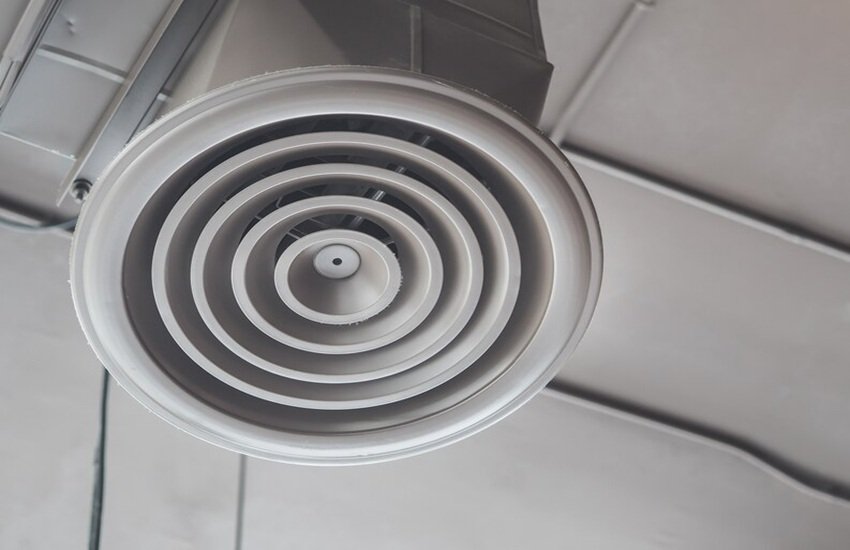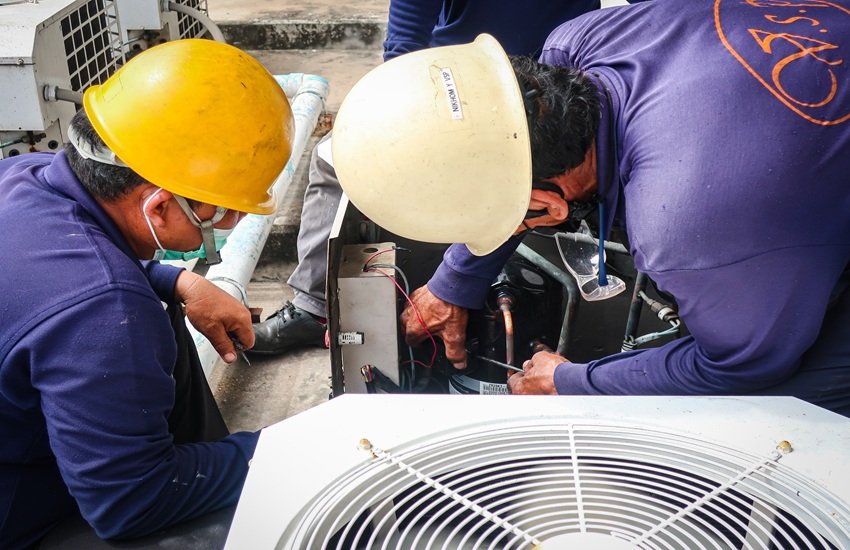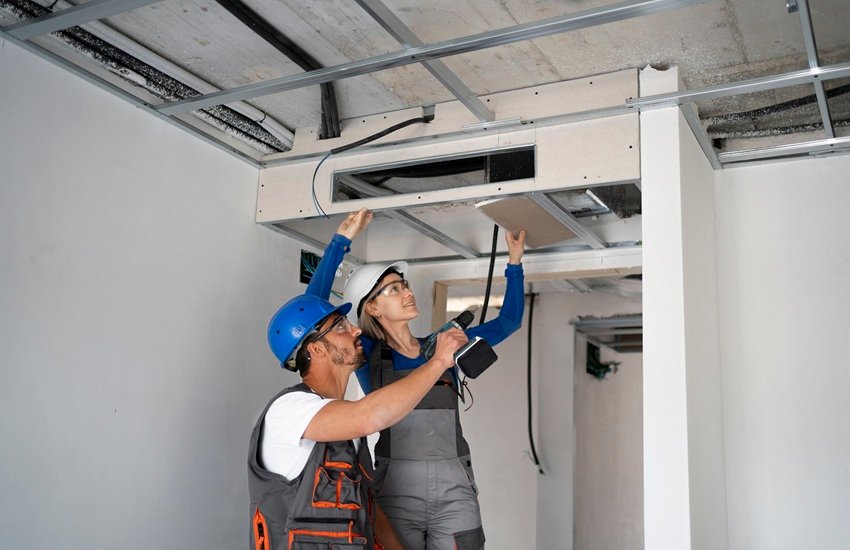Basements often serve as valuable spaces for storage, recreation, or even additional living areas. However, they are also prone to poor air quality, dampness, and stale odors, primarily due to inadequate ventilation. A well-designed basement air ventilation system can significantly improve the air quality and overall comfort of your basement. This blog will provide seven practical tips to enhance your basement ventilation, ensuring a healthier environment.
1. Install a Dedicated Basement Air Ventilation System
One of the most effective ways to improve air quality in your basement is by installing a dedicated basement air ventilation system. These systems are designed to circulate air efficiently, reducing humidity and eliminating stale odors. Look for systems that include features like air purifiers or dehumidifiers for optimal results.
Benefits of a dedicated system include:
Investing in such a system ensures long-term improvement in air quality, making your basement a more comfortable and usable space.
2. Use Basement Ventilation Fans
A cost-effective solution to improve air circulation is using basement ventilation fans. These fans are easy to install and help in moving stale air out while bringing fresh air in. Position the fans near windows or vents to maximize their efficiency.
Key advantages of ventilation fans:
-
Affordable and simple to set up
-
Helps in reducing humidity
-
Supports better airflow in confined spaces
Regular maintenance of the fans is essential to ensure they operate efficiently and do not accumulate dust or mold.
3. Ensure Proper Sealing and Insulation
While ventilation is crucial, sealing and insulation also play a vital role in maintaining air quality. Poorly sealed basements allow moisture and pollutants to seep in, counteracting your ventilation efforts. Inspect windows, doors, and walls for gaps or cracks and seal them with weatherproof materials.
Advantages of proper sealing and insulation:
ventilation system
Sealing your basement ensures a controlled environment where ventilation systems can work more effectively.
4. Incorporate Dehumidifiers
Basements are notorious for high humidity levels, which can lead to mold growth and poor air quality. Dehumidifiers are an excellent addition to your basement air ventilation system, as they help maintain optimal humidity levels.
How to use a dehumidifier effectively:
-
Place it in the center of the basement for even coverage
-
Regularly empty the water reservoir
-
Clean the filters to maintain efficiency
Combining a dehumidifier with other ventilation solutions can significantly enhance air quality.
5. Install Exhaust Vents
Exhaust vents are a key component of an effective ventilation strategy. These vents work by expelling stale, humid air from the basement and drawing in fresh air. Consider incorporating basement ventilation fans alongside exhaust vents for better results.
Tips for installing exhaust vents:
-
Place them near the ceiling to target rising warm air
-
Use ducts to direct air outside
-
Ensure vents are appropriately sized for your basement
Exhaust vents not only improve air quality but also help in maintaining temperature control.
6. Upgrade Your HVAC System
A well-maintained HVAC system can play a significant role in improving basement air quality. Extending your current HVAC system to the basement or adding a dedicated duct can enhance air circulation.
Benefits of integrating an HVAC system:
Continuous airflow throughout the basement
Regular HVAC maintenance ensures the efficiency of this system. Replace filters regularly and schedule professional servicing to ensure optimal performance.
7. Implement Cross-Ventilation Techniques
Cross-ventilation is a natural method to improve airflow in your basement. This technique involves creating openings on opposite sides of the basement to allow fresh air to flow through.
Steps to achieve effective cross-ventilation:
-
Open windows or vents on opposite walls
-
Use basement ventilation fans to enhance airflow
-
Keep interior doors open to facilitate air movement
Cross-ventilation is particularly effective during mild weather conditions when outdoor air quality is good.
Why Basement Ventilation Matters
Proper basement ventilation is not just about comfort; it’s essential for health and property maintenance. Poor air quality in basements:
-
Respiratory issues caused by mold and mildew
-
Structural damage due to excess moisture
-
Unpleasant odors and an uncomfortable environment
By following these seven tips, you can create a cleaner, healthier, and more enjoyable basement space.
The Role of Car Park Ventilation Systems in Multi-Use Basements
In buildings where basements are used as car parks, ventilation becomes even more critical. A car park ventilation system is specifically designed to remove vehicle exhaust fumes and maintain safe air quality levels.
Features of car park ventilation systems:
-
High-capacity fans for effective air removal
-
Carbon monoxide detectors for safety
-
Automated systems for energy efficiency
For multi-use basements, combining a basement air ventilation system with a car park ventilation setup ensures comprehensive air quality management.
Maintaining Your Basement Ventilation Systems
No matter the system you choose, regular maintenance is crucial to ensure its efficiency. Here are some general maintenance tips:
-
Clean and replace filters periodically
-
Inspect fans and ducts for dust or blockages
-
Schedule professional servicing annually
By keeping your systems in top condition, you can enjoy consistent air quality and avoid costly repairs.
Conclusion
Improving basement air quality doesn’t have to be a daunting task. From installing a basement air ventilation system to utilizing basement ventilation fans and cross-ventilation techniques, there are plenty of effective strategies to choose from. For multi-use basements, incorporating a car park ventilation system ensures safety and comfort for all occupants.
By following these tips and investing in the right solutions, you can transform your basement into a healthier, more functional space. Remember, a well-ventilated basement is not just an upgrade—it’s a necessity for your property and well-being.




